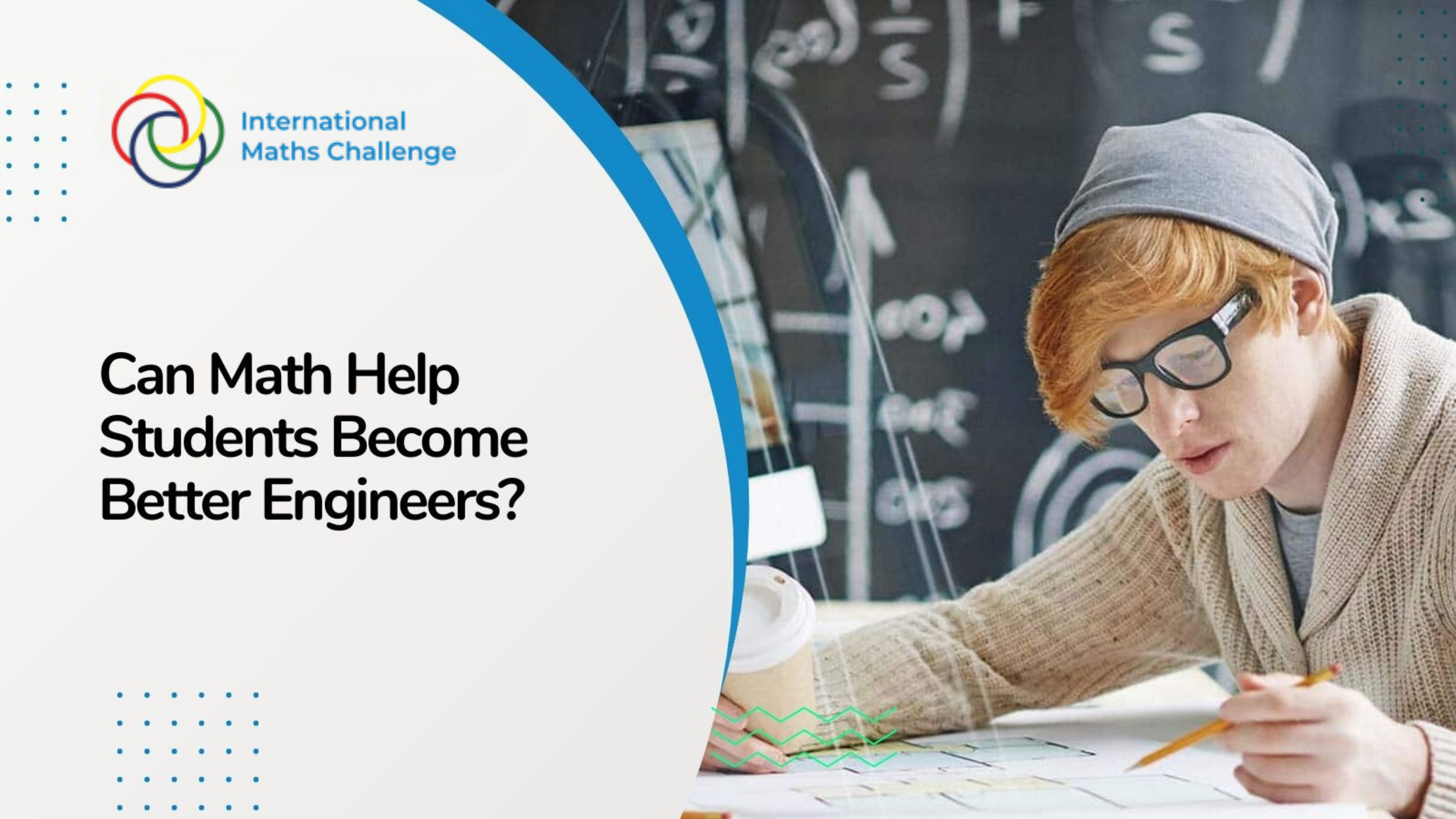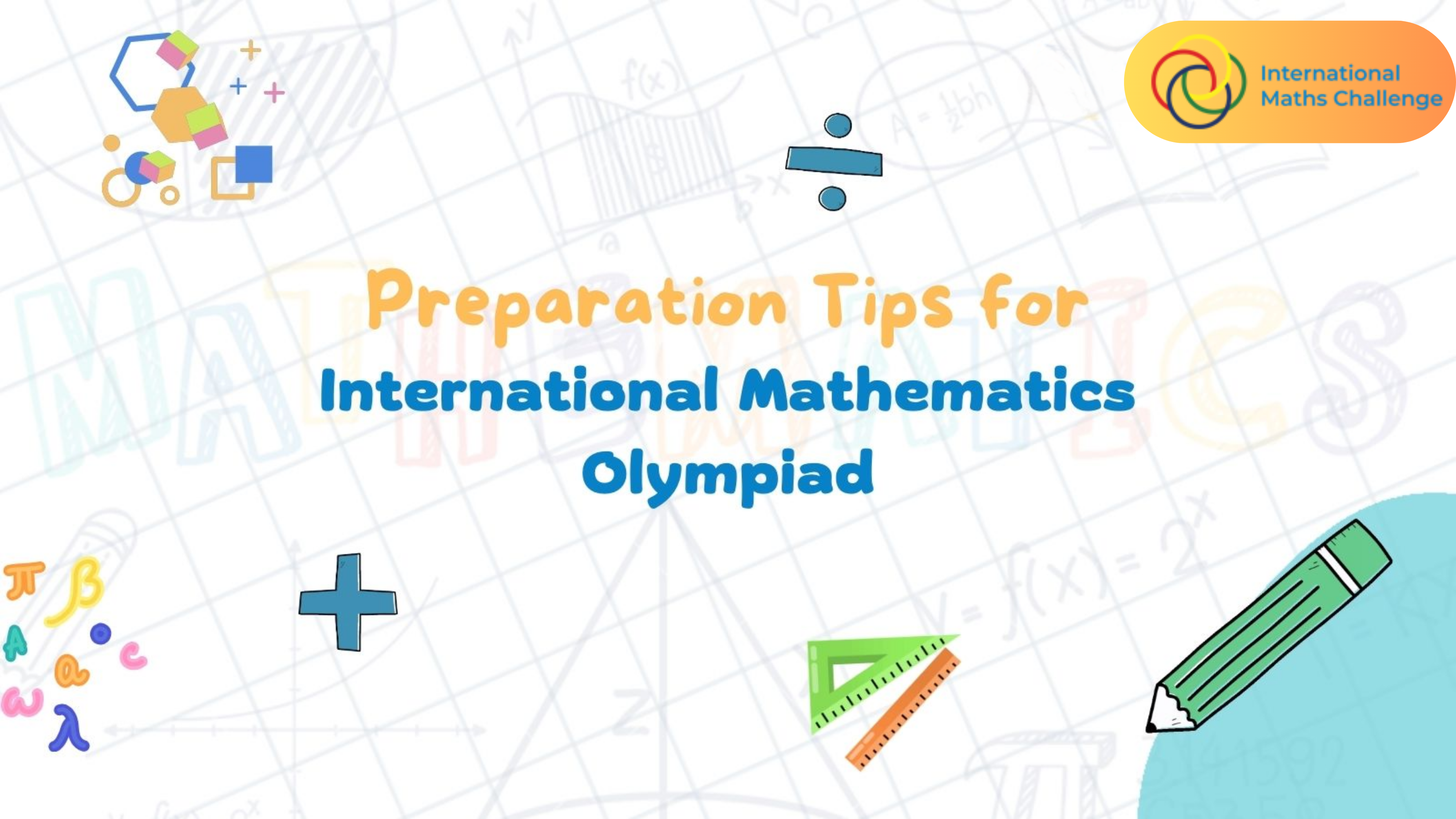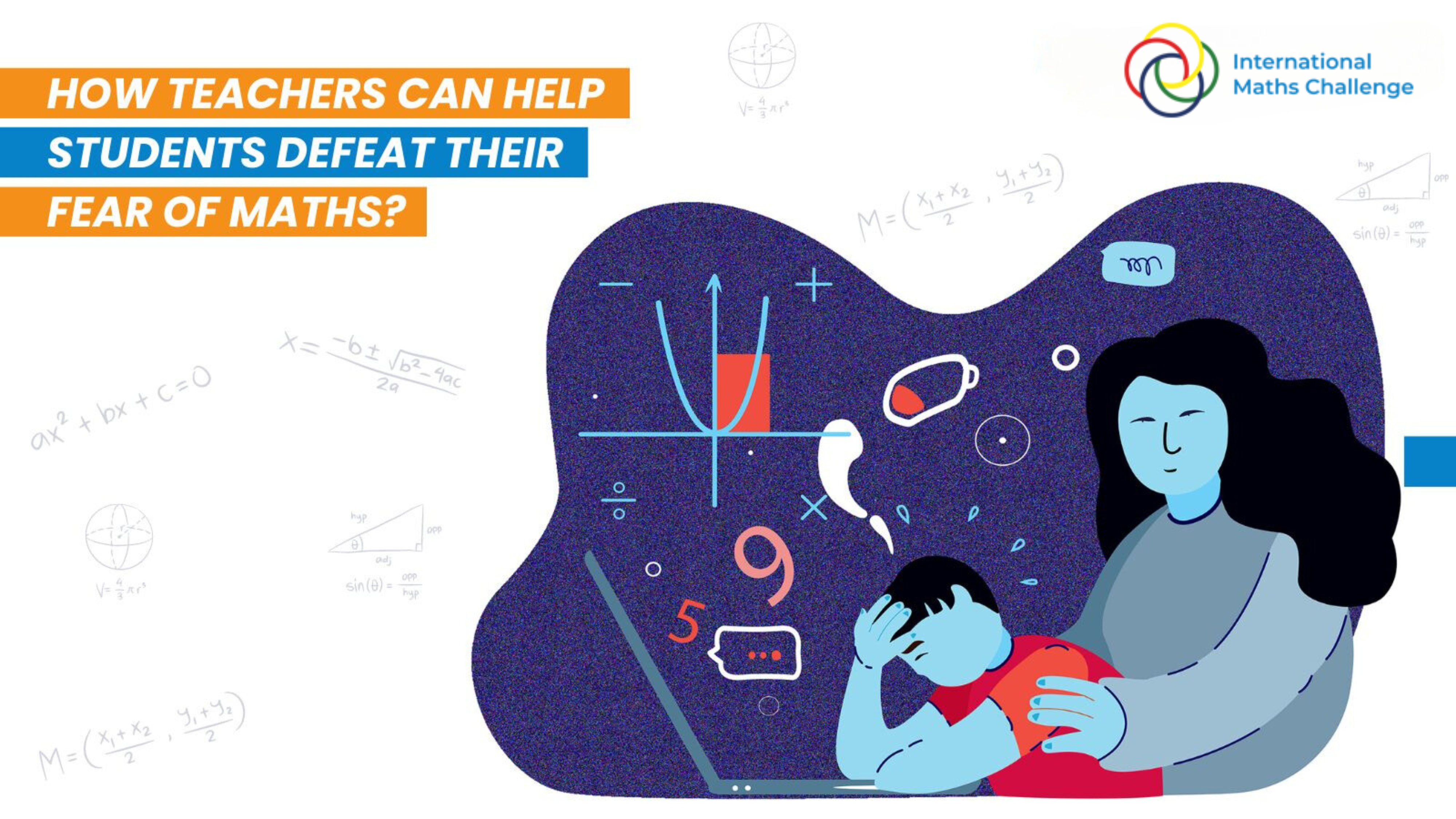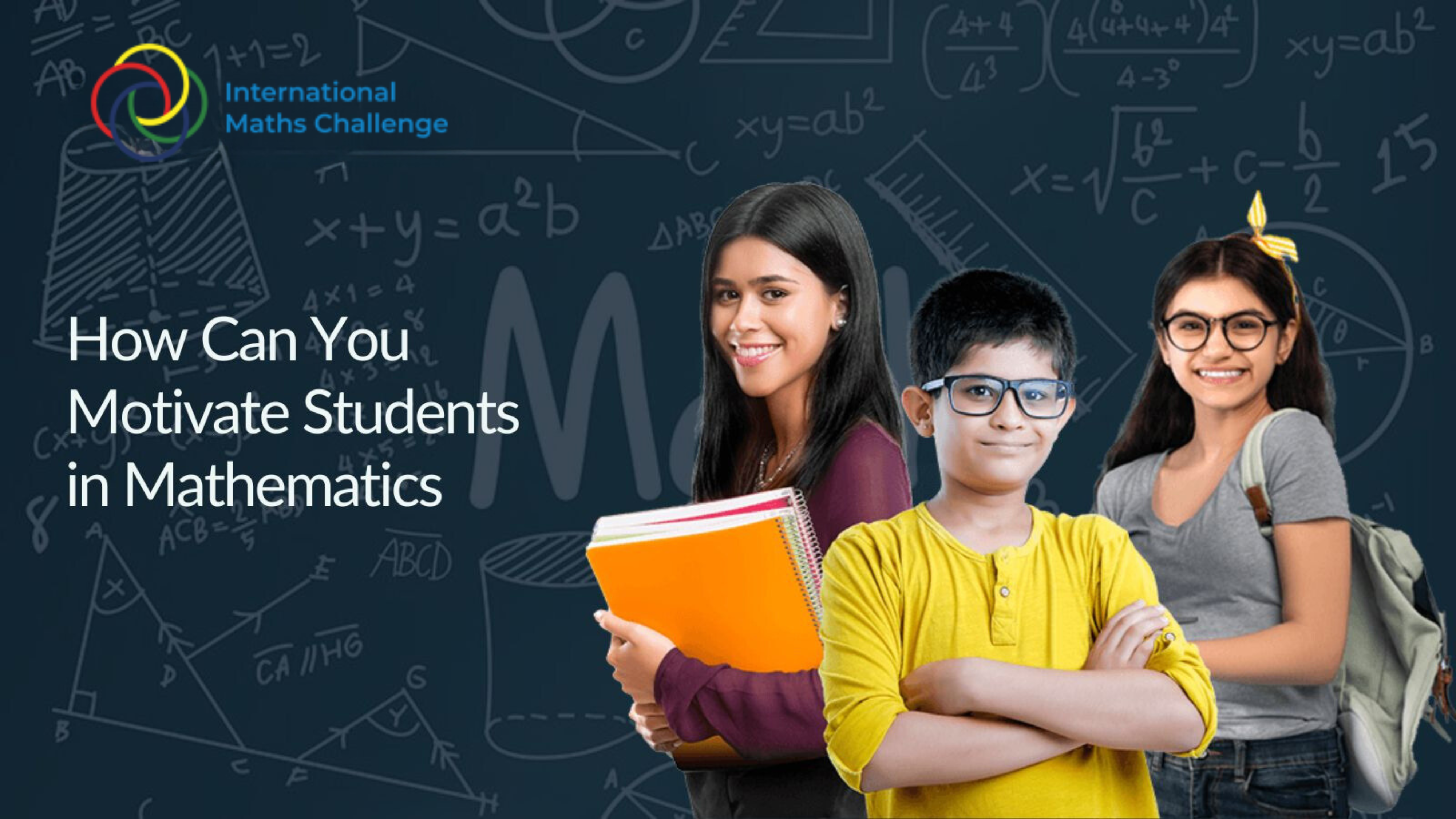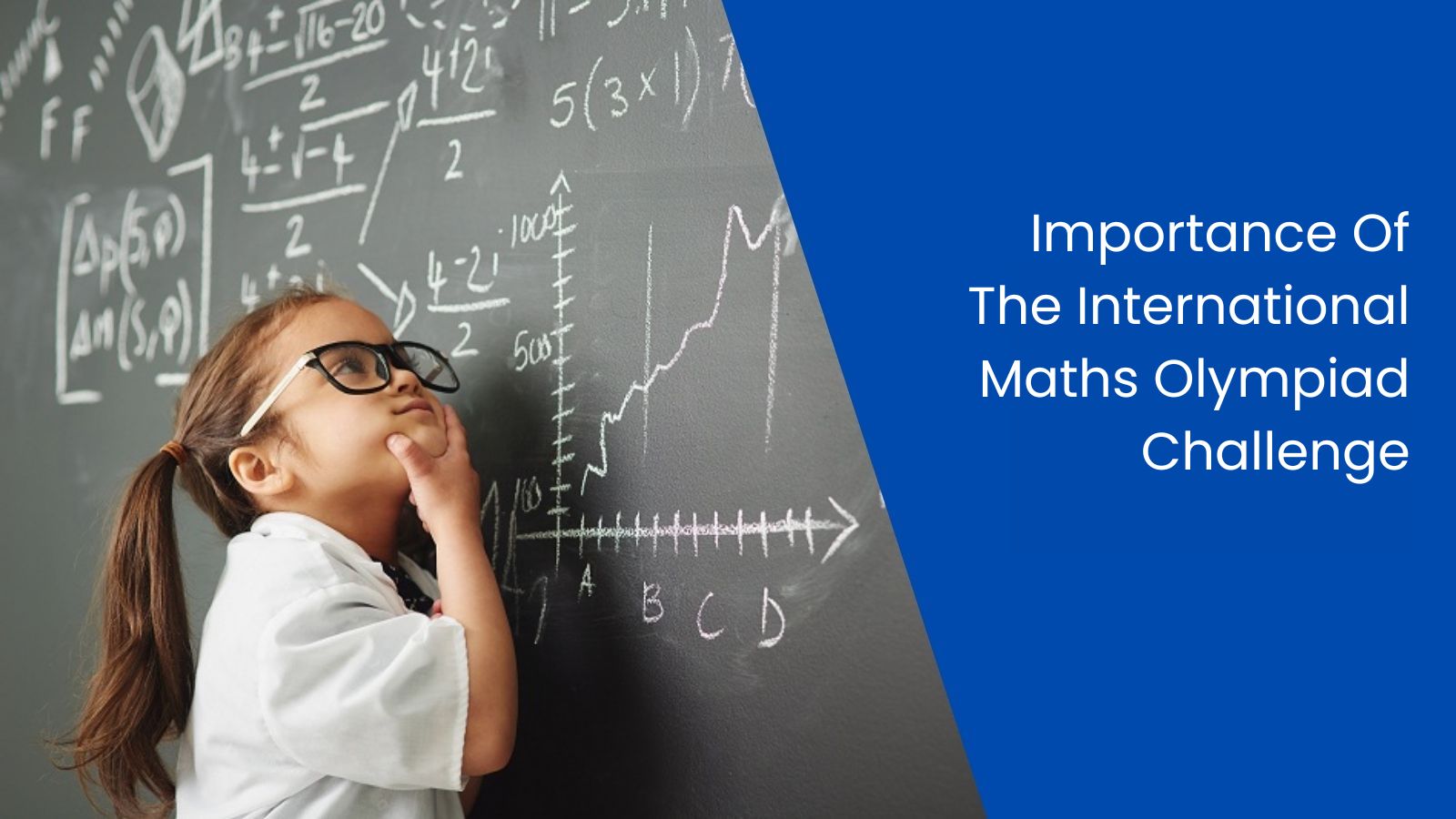As we are near the start of a new session, it’s essential for students to begin class with more confidence and conviction– especially in math subjects. Math is the subject that children lose the concept and logic on over vacation and often have the most stress about when going back to school. Here are some usual and innovative ways for parents to include math excitingly at home to reduce their child’s burden about math class, progress familiarity, and learn through fun.
Geometry is one of the most approachable subjects to exercise at home. Different shapes, measurements, and angles are all around us — there are a plethora of methods to use geometry as a learning opportunity. As a parent, you should try using these effective ways to enhance your kid’s math skills at home-
Play-dough Kit
One of the biggest challenges for math students is working with intellectual concepts, so play-dough is a perfect tool to develop a real knowledge of geometry in a perceptible, tangible, and innovative way
By connecting with the clay and changing it into 2D and 3D shapes, kids are actively learning new shapes, measurements, angles, and differentiation, which ultimately helps them score high in the International Maths Olympiad examination.
Origami
Origami is the art of paper folding. A general misconception about math is that it is not an interesting subject. Like play-dough, Origami aids kids to interact substantially with conceptual mathematical concepts and logic while also creating art out of the last product! The practice has been significantly researched as a highly productive teaching equipment for enhancing math learning, overall approach, and confidence towards the maths preparation for International Maths Olympiad. With only a few pieces of wrapping or other flashy paper, kids at home can access a primitive craft that practices a range of geometrical mastery.
Acting out Angles
Substantial movement is a perfect technique to include sensory learning in math subjects. Alike Origami, angles are also a very versatile concept for different ages and assertiveness levels. Try this reclining exercise with your children every morning to wake up the body and understand the concept of the angle at the same time:
Step 1: On a piece of paper, draw a circle and write all angle names around it, including acute, obtuse, straight, right-angle, zero, reflex, and complete.
Step 2: Spin a bottle in the middle of the circle.
Step 3: When it stops, ask your kids to stretch to the angle that the bottle is implying. If they get the same angle more than one time, ask kids to demonstrate it again in a distinct pose.
Geometry Game
An effortless way to display the fun of math learning and maths preparation is with a family game night. Many familiar games and activities can be modified to include geometry for all kid’s age groups:
Charades – Write the names of different shapes on folded pieces of paper, mix them into a bowl and have your kids choose one. Without uttering, they must try to explain their shape by either making shapes using their hands or conveying the word itself. The person who predicts the right shape is next to choose from the bowl.
Geometry Bingo – Depending on the hardness level, draw several 2D/3D shapes and angles on a 3×3 grid and replicate the same for each member. The parent then puts down the same angles and shapes on tags, places them in a container, and shuffles them upwards. Each time the parent pulls out a label, the members must express the angle or shape (without pronouncing the word). When the first player shouts bingo, the parent inspects to see if they correctly identified all the shapes on their card to win.
Final Thoughts
Adding fun and creative practices at home helps to upskill your kids’ ability to perform in maths Olympiads and allows them to experiment with different techniques of learning and develop confidence in their skills. It also shows that learning math subject can be amusing and achieved by any child! Learn more about the maths concept and prepare your kids for the maths Olympiad test only with International Maths Olympiad Challenge.
You can also check the upcoming Maths Olympiad schedule on our website. We are striving hard to provide practical solutions to learn mathematics for students around the world.



